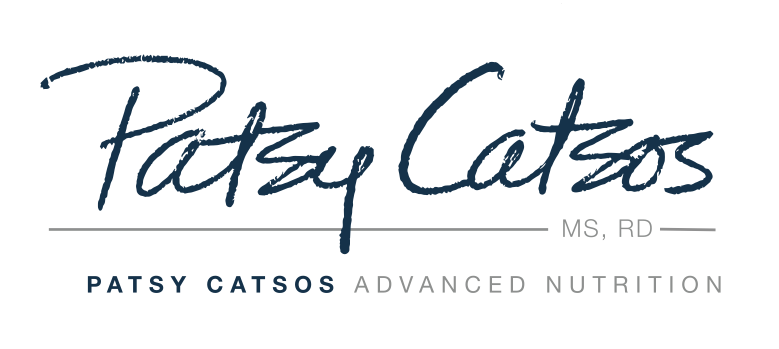FODMAPs and IBS: Beyond the Basics
This workshop was born to fill an important gap in the nutrition care of IBS patients in the United States. The evidence-based FODMAP approach has enormous potential to make a difference in the lives of people with irritable bowel syndrome (IBS), yet there aren’t enough FODMAP-trained dietitians to meet demand. Up to 20% of individuals in the United States have IBS. That’s a lot of people—one in five of your clients, relatives and customers. Here’s the exciting part: up to 85% of good candidates get significant relief of symptoms within a few weeks when the low FODMAP diet is implemented by a trained professional.
In a recent survey of over 1500 members of the American College of Gastroenterology, over half of GI providers recommend diet changes to most of their IBS patients, commonly the low-FODMAP diet. However, only 30% refer them to a specialized GI dietitian. This probably reflects lack of access to dietitians who are trained to help their patients. 78% of the gastroenterologists surveyed said that they believed that a registered dietitian with an IBS focus would enhance the delivery of dietary therapy to their IBS patients. (Lenhart, 2018) Unfortunately, most dietitians know only the basics, if anything about the complex, multi-step FODMAP elimination diet.
How can you become a FODMAP expert to Meet this need?
It’s a process. You don’t become an expert overnight by downloading an app or reading a couple of articles. You have to immerse yourself in the science, develop strategies for the elimination and reintroduction process, and line up the proper tools for the job. Then, over the years you’ll develop clinical insight by interacting with peers and working with your patients.
You can take the next step toward FODMAP expertise by attending this very practical day-long training. I’ll share the tips, tools and strategies I’ve developed as I’ve implemented the diet with thousands of patients over the past 10 years. You’ll come away with more:
Confidence: Master the nuances of the FODMAP approach for IBS, SIBO, and IBD. Identify high- and low-FODMAP foods. Discuss FODMAPs confidently with patients and colleagues.
Focus: Perform GI-focused nutrition assessments. Manage the FODMAP elimination and reintroduction process to isolate the variables and zero in on food triggers. Modify the process as needed.
Insight: Develop clinical judgement. Recognize good candidates for the diet. Re-direct and assist poor candidates. Recognize and mitigate risks; decide when to go short of (or beyond) a FODMAP elimination diet.
If you already have an active IBS practice, all the better. Bring your questions and cases, and trade notes with me and with your peers, as we all continue to learn about this intriguing subject together.
Sign up for my healthcare provider newsletter to stay abreast of my workshop schedule!
I get lots of requests for training events on the West Coast, but I can’t get away from my busy practice long enough to travel there often. I checked my My Low FODMAP Travels Pinterest board and found that I haven’t done workshops in San Diego or Seattle since 2014! Who knows when I’ll be back? So, when I was invited to do an inservice for a hospital system in Portland I decided to offer a few workshops of my own before heading home. I hope you’ll join me!
Registered dietitians and other healthcare providers are the intended audience for these events. The level 3 workshop is CDR pre-approved for 6 CPEUs.
Comments from 2018 workshop evaluations:
“Awesome! Cleared up a lot of confusion.”
“Best handouts I’ve ever received at a workshop.”
“We learned things we can put into practice immediately.”
“What a fabulous day of learning! Patsy is incredibly articulate on a wide array of topics and extremely skilled and generous in imparting her wisdom.”
“The nutrition care process section with information about co-existing conditions was very helpful for dealing with these more complex patients.”





